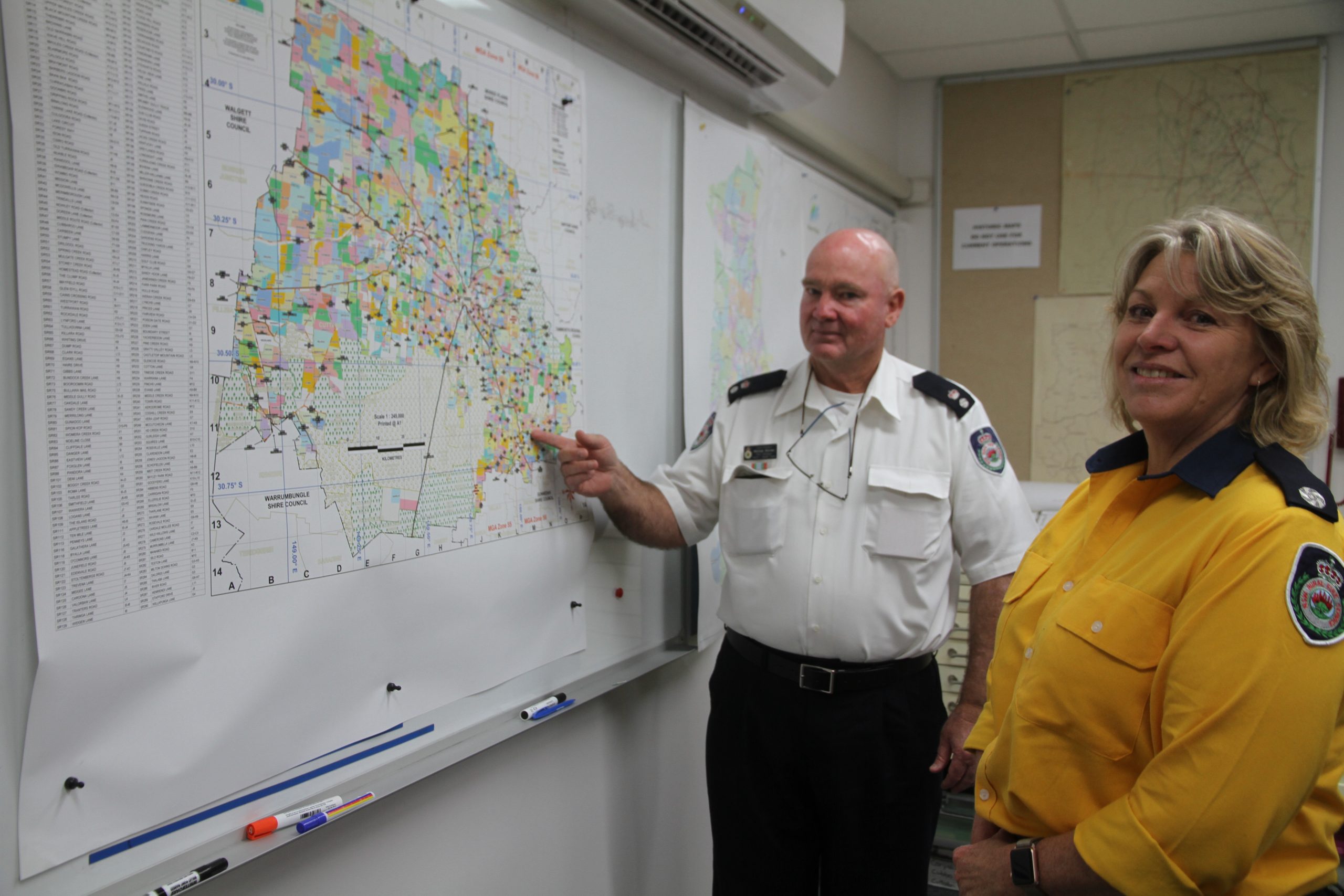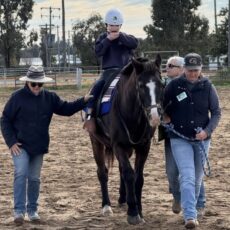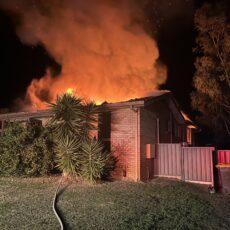A wetter than average spring has the potential to increase the threat of grass fires.
That is the warning coming from the Rural Fire Service as the start of the Bush Fire Danger Period nears on October 1.
Preparations for the season are well underway with vehicles being serviced and hazard reduction treatments being carried out depending on the weather conditions.
Superintendent Michael Brooks, the team leader for Namoi/Gwydir, said the season had the potential to be dangerous when the fuel dries out.
“We could be having a very busy Christmas,” Supt Brooks said.
“Anyone burning in the open in rural areas and rural villages will need to obtain a permit from the RFS as well as continue to notify their neighbours the day before and the RFS through the Notify page on the website or on the 24/7 phone number 1300 856 352.”
While compliance in the area during the Bush Fire Danger Period is generally good, Supt Brooks urged people to be vigilant and adhere to the requirements.
“People need to notify us and their neighbours all year round for everything other than campfires or cooking fires,” he said.
“At all times advice can be sought from the office or from a local brigade.”
He said landowners could be assisted with hazard reduction programs, advice and risks when the RFS was available.
When speaking with The Courier, Supt Brooks paid tribute to the support the service received in the community.
“We continue to be amazed by the contributions of the volunteer firefighters and the support we get in the community,” he said.
“We are really lucky so many people go out of their way to help us.
“I have been told that when fire trucks pull up at petrol stations, people will pull up and let them fill up first.”
He said while the service continually adapts to change and new technology, like remote cameras and drones, it still relied heavily on the strong early work done by predecessors.
“We should never forget what they have contributed,” he said.
He also laid praise on the service’s junior members for their continued development.
Reflecting on the last season, Supt Brooks said the prolonged drought contributed to the fires in the area.
The heavy commitment of local resources going across the state meant exhaustive conditions.
“The local community was already affected by drought,” Supt Brooks said.
“We are hoping the season is a lot calmer.”
In the plains country, the threat was reduced as there was no fireground fuel to catch alight.
“What did catch alight from things like lightning bursts but did not spread except in windy conditions was in high fuel load regions like Mount Kaputar,” Supt Brooks said.
Pilliga Forest fires did occur but as soon as winds dropped crews were able to control them quickly, he said.
“The low soil moisture meant that a lot of underground fires from tree roots continued to cause problems.”
To order photos from this page click here









